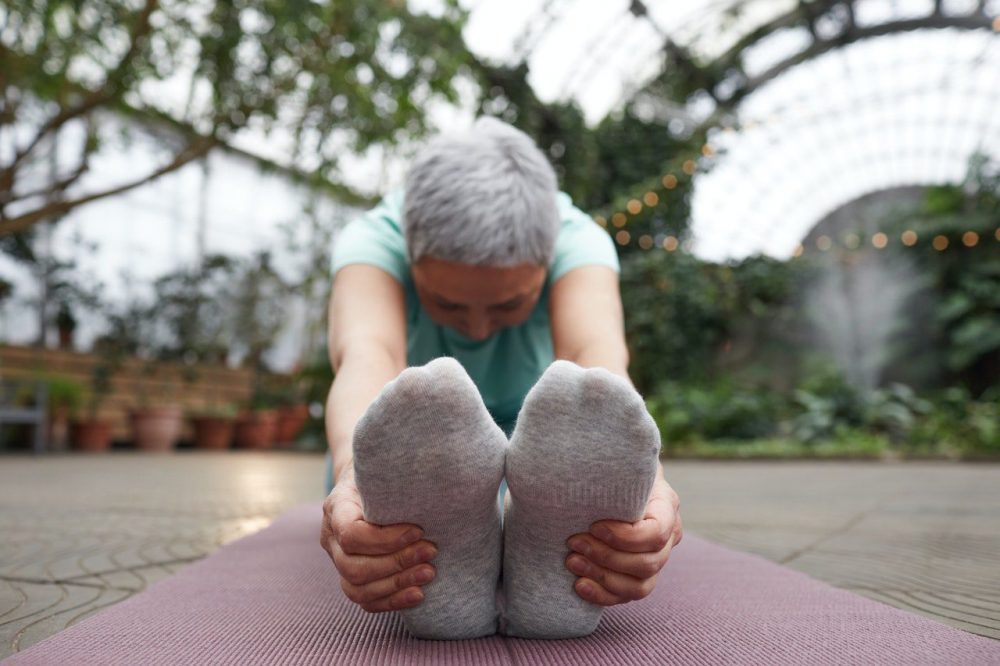Often, the things that come with a lot of benefits are believed to be harmless or side-effect-free. But that's not necessarily true. At least not in the case of vitamin D!

KrakenImages/Unsplash | Experts say that contrary to popular perception, vitamin D isn't as beneficial to the body and muscles as we think
For years, researchers have been linking vitamin D intake with muscle health. They’ve been suggesting consuming vitamin D supplements to improve muscle strength and make them stronger. But a recent study indicates otherwise.
What does the new study show?
According to a study published in the Journal of Bone and Mineral Research, vitamin D doesn't help strengthen muscles. Instead, it harms them a little bit. When a team of experts headed by Dr. Lise Sofie Bislev of the Aarhus University Hospital conducted a meta-analysis on the studies available on vitamin D, they saw no positive impacts of the supplements on the participants’ muscles. The team used data from 54 trials conducted on 8,747 participants, primarily focused on research that followed a placebo-controlled, English-language randomized or double-blinded technique.

Farhad Ibrahimzade/Unsplash | Studies conducted on several subjects have revealed that high dosages of vitamin D supplements can harm the body
When they ran tests like the knee Flexion test, Short Physical Performance Battery test (SPPB), Timed Up test, and Go test, they found that people consuming vitamin D had negative results in the knee flexion test. Dr. Bislev speculated that a major reason behind this could be the high dosage of vitamin D supplements.
She explained that participants in this test were given more than 2800 IU of vitamin D daily, which is far from the advised limit of 600 IU. Plus, most of the participants had a normal vitamin D level instead of a lower one. The doctor added that since the studies didn't include patients with a vitamin deficiency, it was hard to determine whether the nutrient will impact their muscles or not.
She called for more research in the field with vitamin D deficient patients to find accurate data. She concluded by saying that people shouldn't be bothered by the fact that vitamin D doesn't help their muscles. They should continue taking their supplements with a broader mindset and should use natural sources to the fullest.

Dave Hoefler/Unsplash | Doctors say people should primarily rely on natural resources for vitamin D, but if they are deficit in the vitamin, they shouldn't completely avoid supplements either
A little flashback
Earlier, Dr. Laurel Mohrmann and Dr. Sweta Chekuri of Montefiore Medical Center appeared on the Endocrine Society's podcast. They explained that less or no exposure to sunlight was a major cause of vitamin D deficiency or inadequacy. Dr. Mohrmann said that nowadays, people rarely go in the sunlight. Most of the time, they're substituting it with food or supplements, which is incorrect.
She added that milk, which is a primary source of vitamin D, has now been replaced with soy milk and almond milk, which don't provide many benefits. If people keep substituting the main sources regularly, they'll not be able to gain much from the supplements.










